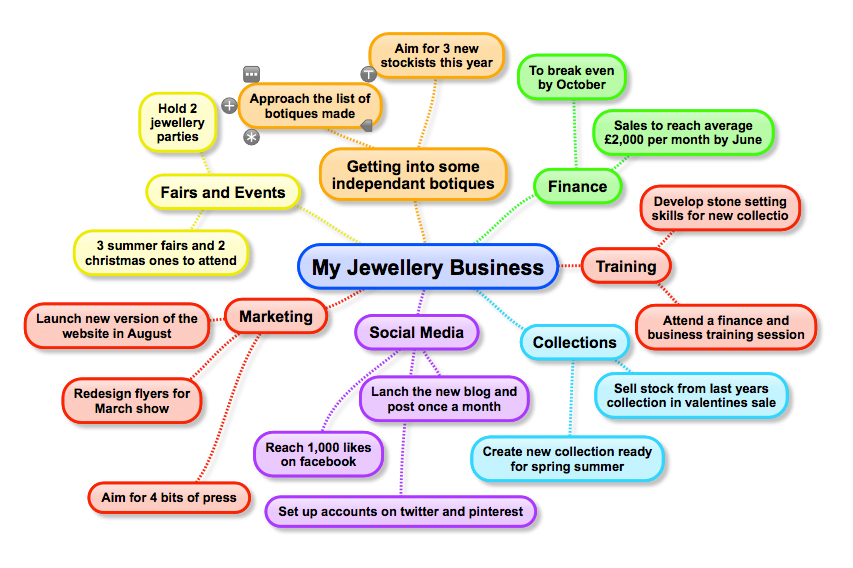Unveiling The Financial Landscape Of The Jewelry Industry: A Comprehensive Guide To Jeweler Earnings
Unveiling the Financial Landscape of the Jewelry Industry: A Comprehensive Guide to Jeweler Earnings
Related Articles: Unveiling the Financial Landscape of the Jewelry Industry: A Comprehensive Guide to Jeweler Earnings
Introduction
With enthusiasm, let’s navigate through the intriguing topic related to Unveiling the Financial Landscape of the Jewelry Industry: A Comprehensive Guide to Jeweler Earnings. Let’s weave interesting information and offer fresh perspectives to the readers.
Table of Content
Unveiling the Financial Landscape of the Jewelry Industry: A Comprehensive Guide to Jeweler Earnings

The allure of precious gems and the artistry of crafting exquisite jewelry have long captivated the human imagination. Yet, beyond the sparkle and beauty, lies a world of skilled craftsmanship and intricate business practices. For those considering a career in the jewelry industry, a fundamental question arises: how much can one expect to earn as a jeweler?
This comprehensive guide delves into the financial realities of the jewelry profession, providing a detailed analysis of factors influencing jeweler earnings and offering insights into potential income levels.
Factors Influencing Jeweler Earnings
Several key factors determine the hourly compensation of jewelers, shaping the financial landscape of this intricate profession:
-
Experience and Skill Level: A jeweler’s experience and skill level are paramount in determining their earning potential. Entry-level jewelers, often with a basic understanding of jewelry-making techniques, typically earn lower wages compared to seasoned professionals with years of experience and mastery over intricate techniques.
-
Specialization: Specialization within the jewelry industry can significantly impact earnings. Jewelers specializing in specific areas, such as diamond setting, gemstone cutting, or repair and restoration, may command higher salaries due to the specialized skills and knowledge required.
-
Location: Geographic location plays a crucial role in determining jeweler earnings. Jewelers working in major metropolitan areas with a high concentration of luxury jewelry retailers and affluent clientele often earn higher salaries compared to those in smaller towns or rural areas.
-
Employer Type: The type of employer also influences earnings. Jewelers working for large jewelry corporations or luxury brands may receive higher salaries and benefits compared to those employed by small, independent jewelers.
-
Job Responsibilities: The scope of responsibilities assigned to a jeweler can impact their earnings. Jewelers responsible for intricate design work, customer consultations, and managing inventory may earn higher wages than those primarily focusing on production tasks.
-
Education and Certification: Formal education and industry certifications can enhance a jeweler’s earning potential. Completing a jewelry design program or obtaining a gemologist certification demonstrates specialized knowledge and skills, which can command higher salaries.
Understanding Average Jeweler Earnings
While precise figures can vary significantly based on the factors mentioned above, a general understanding of average hourly earnings for jewelers can provide valuable insights:
-
Entry-Level Jewelers: Entry-level jewelers with limited experience and basic skills typically earn between $10 and $15 per hour.
-
Experienced Jewelers: Experienced jewelers with specialized skills and expertise can earn between $15 and $30 per hour, depending on their location, employer, and specialization.
-
Master Jewelers: Master jewelers with exceptional skills, a proven track record, and a strong reputation may earn upwards of $30 per hour, potentially reaching $50 or more in high-demand markets.
Exploring the Diverse Roles in the Jewelry Industry
The jewelry industry encompasses a wide range of roles, each with its own earning potential:
-
Jewelry Designer: Jewelry designers conceptualize and create original jewelry designs, collaborating with manufacturers to bring their visions to life. They typically earn higher salaries due to their creative talent and artistic expertise.
-
Gemologist: Gemologists possess specialized knowledge of gemstones, their origins, properties, and value. They often work for jewelry retailers, insurance companies, or gem laboratories, providing expert appraisals and consultations.
-
Goldsmith: Goldsmiths specialize in working with precious metals, crafting intricate jewelry pieces using traditional techniques. Their expertise in metalworking and fabrication is highly valued.
-
Jewelry Repair Technician: Jewelry repair technicians specialize in restoring and repairing damaged jewelry pieces, ensuring their functionality and aesthetic appeal.
-
Jewelry Sales Associate: Jewelry sales associates work in retail settings, assisting customers with selecting jewelry, providing product information, and processing sales transactions.
Frequently Asked Questions (FAQs) about Jeweler Earnings
Q: What is the average salary for a jeweler in the United States?
A: The average annual salary for a jeweler in the United States is approximately $40,000. However, this figure can vary significantly based on factors such as experience, location, and employer.
Q: What are the potential career paths for a jeweler?
A: Jewelers can pursue various career paths within the industry, including becoming a master jeweler, opening their own jewelry business, specializing in a specific area, or transitioning to a related field such as gemology or jewelry design.
Q: What are the benefits of working as a jeweler?
A: A career in jewelry offers several benefits, including:
-
Creative Expression: Jewelers have the opportunity to express their creativity and artistic talents through their work.
-
Skilled Craftmanship: The profession involves developing and honing valuable skills in metalworking, gem setting, and jewelry design.
-
Potential for Growth: With experience, specialization, and dedication, jewelers can advance their careers and increase their earning potential.
Tips for Maximizing Jeweler Earnings
-
Continual Learning: Stay current with industry trends and advancements by attending workshops, seminars, and trade shows.
-
Specialization: Develop expertise in a specific area of jewelry-making, such as diamond setting or gemstone cutting.
-
Networking: Build relationships with other jewelers, suppliers, and industry professionals to expand your network and opportunities.
-
Marketing: Promote your skills and services through online platforms, social media, and professional networking.
-
Consider Entrepreneurship: Explore the possibility of opening your own jewelry business to control your income and creative direction.
Conclusion
A career in jewelry offers a rewarding blend of artistry, craftsmanship, and financial potential. By understanding the factors influencing jeweler earnings and pursuing strategies to enhance their skills and marketability, individuals can navigate the jewelry industry successfully, achieving financial stability and personal fulfillment. The world of jewelry is a captivating realm where creativity, skill, and dedication pave the way for a fulfilling and financially rewarding career.








Closure
Thus, we hope this article has provided valuable insights into Unveiling the Financial Landscape of the Jewelry Industry: A Comprehensive Guide to Jeweler Earnings. We thank you for taking the time to read this article. See you in our next article!